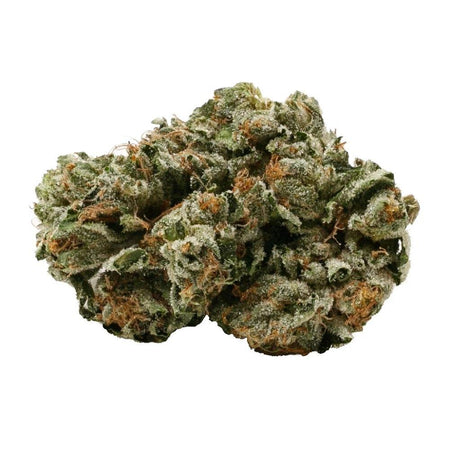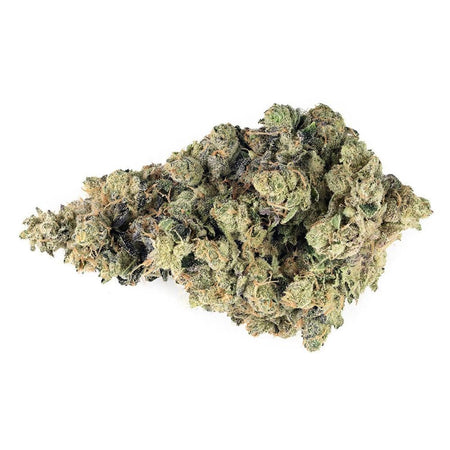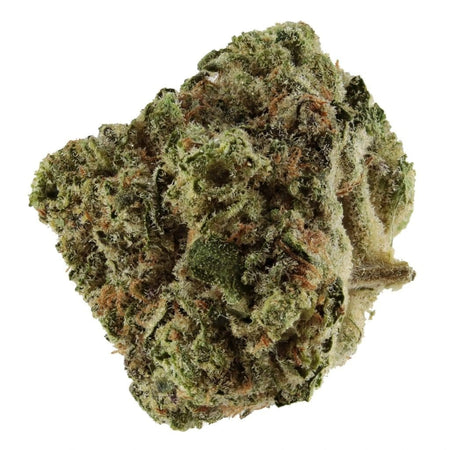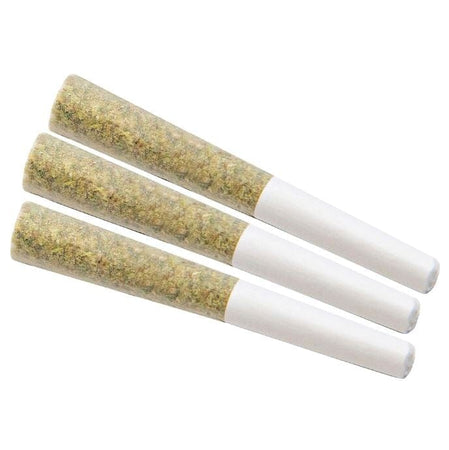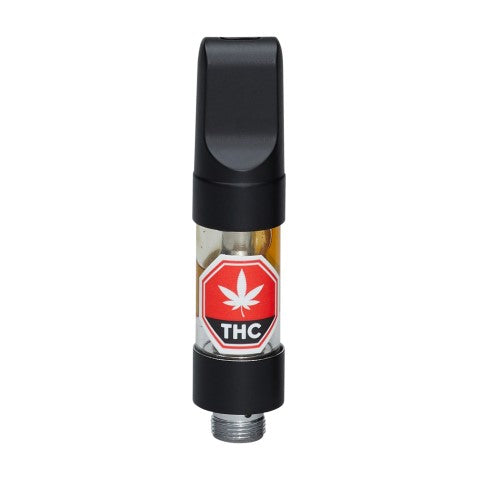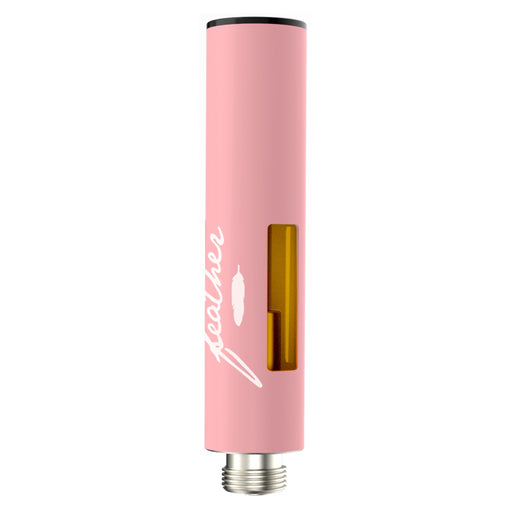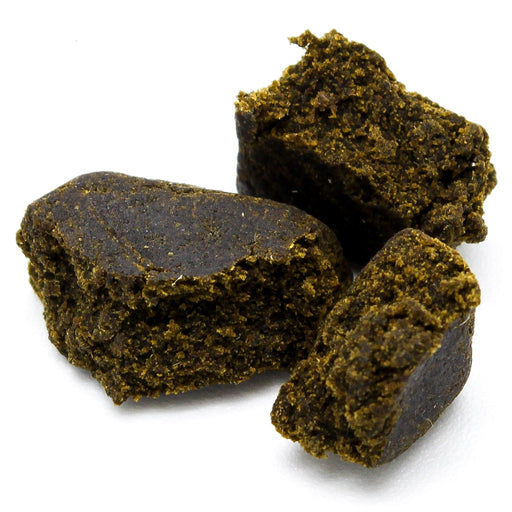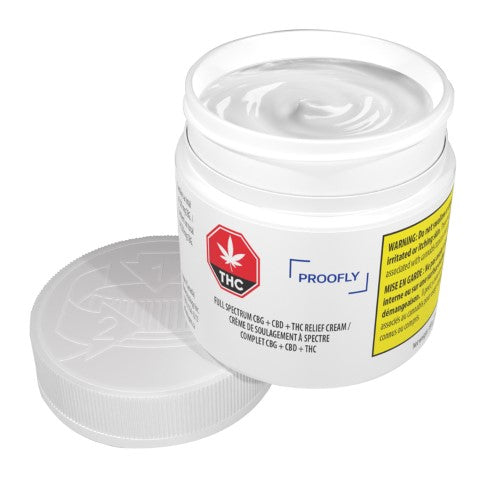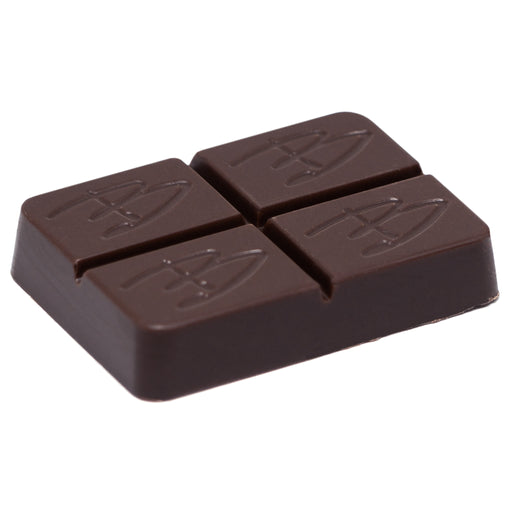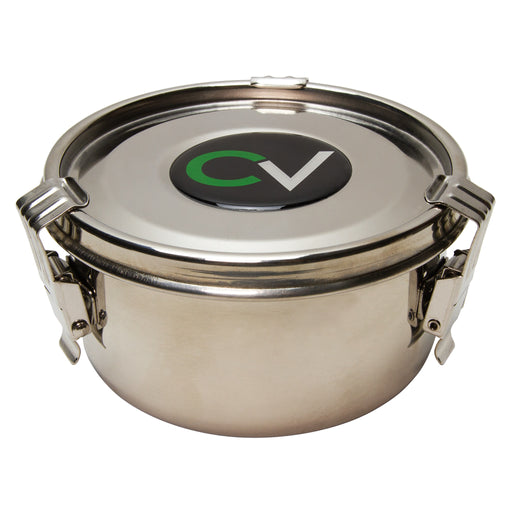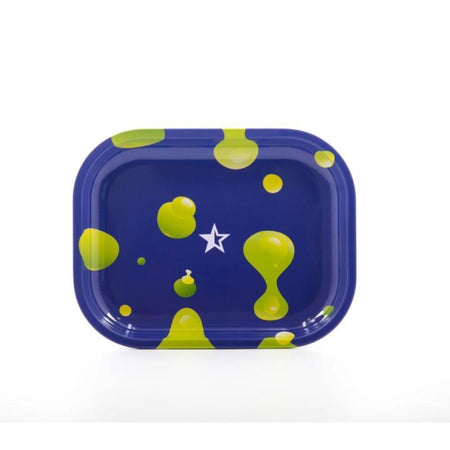Pine Rosin vs Resin
1. What is Pine Rosin?
- Definition: Pine rosin, also known as pine resin, is a natural substance derived from pine trees. It is produced when the tree secretes resin to seal wounds or protect itself from pathogens and pests.
- Composition: Pine rosin primarily consists of a mixture of organic compounds such as terpenes, diterpene acids, and other resin acids. It is solid at room temperature but becomes sticky and pliable when heated.
- Uses: Pine rosin has a wide range of applications including as a component in varnishes, adhesives, inks, and also in industries such as music (for instrument bows), sports (grip enhancers), and cosmetics (for waxing).
2. What is Resin?
- Definition: Resin is a broad term referring to any amorphous solid or semi-solid organic substance that is typically secreted by plants. It serves various purposes such as protection against herbivores, wound healing, and sealing of damaged tissues.
- Types: Resin can come from various plant sources other than pine trees, such as cannabis, frankincense, and myrrh. Each type of resin has its unique chemical composition and properties.
- Applications: Resins are used in a wide array of industries including pharmaceuticals, construction (as varnishes and adhesives), art (as paint and varnish), and traditional medicine.
Comparison between Pine Rosin and Resin:
- Source: Pine rosin specifically comes from pine trees, whereas resin is a broader term encompassing similar substances from various plant sources.
- Chemical Composition: Pine rosin has a distinct composition rich in terpenes and resin acids, contributing to its unique properties such as stickiness and durability when heated. Resin from other plants may have different compositions and uses.
- Physical Properties: Pine rosin is solid at room temperature and melts or softens when heated, making it versatile for various applications. Resins from other plants may have different physical states and characteristics.
- Applications: While both pine rosin and other resins have similar uses in industries like adhesives and coatings, pine rosin is particularly valued in certain niche markets like music (for violin bow rosin) and sports (for grip enhancers).
Why Consider Purchasing from Cannaweeed.shop?
Cannaweeed.shop offers a range of high-quality products and accessories for cannabis enthusiasts and professionals alike. While they may not specifically sell pine rosin or resin, they provide a trusted platform for purchasing cannabis-related products including equipment for extraction and consumption. Their commitment to quality and customer satisfaction makes them a reliable choice for those seeking reliable cannabis-related products in Canada.
Conclusion
Understanding the differences between pine rosin and resin highlights their unique properties and applications. Pine rosin, derived specifically from pine trees, has distinct chemical properties that make it suitable for various industrial and recreational uses. When considering purchasing cannabis-related products or equipment, including rosin presses, Cannaweeed.shop offers a reliable platform with a diverse selection to meet different consumer needs in Canada.
